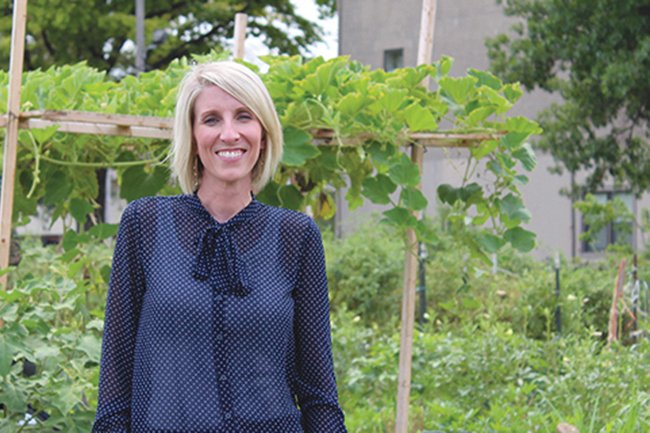
by Lauren Solidum
Neil and Rose struggled with finances due to the unpredictable hours at Neil’s seasonal job.
When their daughter fell ill, Neil’s need to be at her side resulted in an even bigger loss of income. With the bills piling up, their situation seemed hopeless.
Whether it’s a car repair expense, health issue or job loss, life’s unexpected emergencies happen to us all.
Unfortunately, over 60 percent of our country’s population is unprepared to handle them financially, leaving families in a crippling economic position.
Desperate situations lead people to make desperate decisions. Without the safety net of adequate savings, families like Neil and Rose turn to credit cards or predatory lenders just to fund basic needs such as food, rent or utilities.
Predatory lenders, with storefronts in more places than McDonald’s restaurants, position themselves to be the “go-to” provider when a financial need arises.
They loan money to cash-strapped customers with repayment — plus hefty fees —required in two weeks. When the customer can’t repay the original loan amount, the lender readily rolls them into a new loan with additional fees and interest rates that can reach a mind-blowing 400 percent.
It’s no wonder that one in five payday loans result in default. This short-term solution can have a domino effect that keeps people in the cycle of debt. Without an end in sight, families are struggling more than just financially — they suffer emotionally from discouragement and despair.
That’s where Catholic Charities steps in with our Kansas Loan Pool Project (KLPP). This program helps participants eliminate their high-interest title or payday loan by turning them into a new, low-interest, installment loan.
Since inception, there has been a large demand for this service within our community. The program has continued to grow over the past three years. What began with one banking partner has expanded to onboarding a fourth, helping us serve a greater population.
While eliminating high-interest predatory loans is critical to the immediate financial health of the people we serve, that is only one component to the problem. We need to address what led these families to predatory lenders in the first place.
Each KLPP participant is enrolled in an intensive financial education series to guide them in developing a long-term financial plan. We help them create a budget and identify spending leaks, as well as teach how to build emergency savings while paying off existing debt. They are also assigned a Catholic Charities case manager to provide ongoing monthly support.
Over 100 households, including Neil’s and Rose’s, successfully completed the KLPP program. That’s 100 families who replaced the overwhelming stress of owing money to a predatory lender with new skills and hope for their future.





What can we do to get these pay day loan businesses out of Kansas?